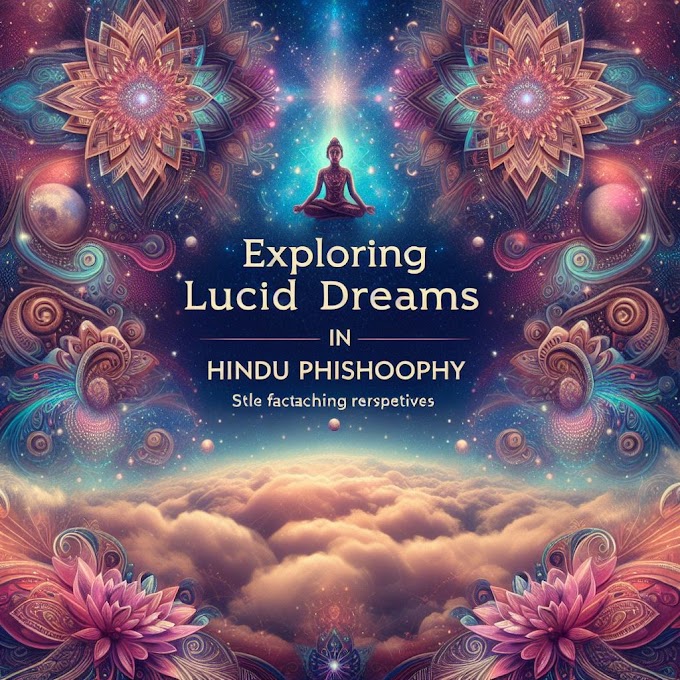Why am I still conscious while sleeping?
Have you ever wondered why you remain conscious even while sleeping? You're not alone. This is a common question that many people ask. In this article, we will explore the reasons why we remain conscious even while sleeping.
Understanding the sleep cycle
Before we delve deeper into why we feel conscious while sleeping, let's take a brief look at the sleep cycle.
The sleep cycle consists of four stages of non-REM sleep followed by one stage of REM sleep. During non-REM sleep, the body is in a deep state of relaxation, and brain waves slow down. In contrast, brain activity increases during REM sleep, and this is when we experience dreaming.
Contrary to popular belief, our brain does not completely shut down when we sleep. The brain is still active when we are in non-REM sleep, but the activity is different than when we are awake. The brain is processing information, consolidates memories, and performs other essential functions.
During REM sleep, our brains are even more active, and this is when we are most likely to experience vivid dreams. The brain is processing information, consolidates memories, and controls our emotions. Even in this state of sleep, we remain alert.
Role of Reticular Activating System
The Reticular Activating System (RAS) is a network of neurons located in the brainstem. It plays an important role in controlling wakefulness and sleep. The RAS filters out irrelevant information and alerts the brain to important information.
During non-REM sleep, the RAS is less active, so we are less sensitive to external stimuli. However, during REM sleep, the RAS is more active, which is why we are more likely to wake up during this stage of sleep.
Factors that can affect consciousness during sleep
Many factors can affect consciousness during sleep. For example, lack of sleep can lead to a state of microsleep, where the brain shuts down for a few seconds at a time. This can be dangerous, especially if it occurs while driving or operating heavy machinery.
Some medications, such as sleeping pills, can also affect consciousness during sleep. These drugs can suppress brain activity and lead to a state of unconsciousness.
Also Read:
5-Minute Morning Meditation | Make Your Day Mindful
Conclusion
Finally, we are conscious even while sleeping because our brain is still active when we are in a state of deep relaxation. The reticular activating system plays an important role in regulating wakefulness and sleep, and many factors can affect consciousness during sleep. By understanding the science behind sleep, we can improve the quality of our sleep and make sure we're getting the rest we need.
Frequently Asked Questions:
Q: Can you dream during non-REM sleep?
A: Yes, you can dream during non-REM sleep, but the dreams are usually less vivid than during REM sleep.
Q: How long does a sleep cycle last?
A: The sleep cycle lasts about 90 minutes, and we go through several cycles each night.
Q: Can sleepwalking happen during non-REM sleep?
A: Yes, sleepwalking usually occurs during non-REM sleep when the brain is less responsive to external stimuli.

.png)

.jpg)
.png)







